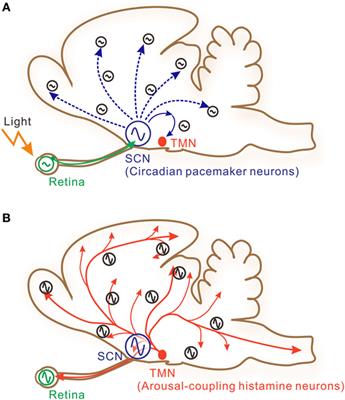EDITORIAL
Published on 08 Sep 2020
Editorial: Disorders of Circadian Rhythms
doi 10.3389/fendo.2020.00637
- 2,638 views
- 2 citations
17k
Total downloads
74k
Total views and downloads
EDITORIAL
Published on 08 Sep 2020
MINI REVIEW
Published on 23 Aug 2018

MINI REVIEW
Published on 21 Jun 2018

MINI REVIEW
Published on 24 May 2018

MINI REVIEW
Published on 04 May 2018

ORIGINAL RESEARCH
Published on 30 Apr 2018

ORIGINAL RESEARCH
Published on 26 Apr 2018

ORIGINAL RESEARCH
Published on 09 Apr 2018

ORIGINAL RESEARCH
Published on 19 Mar 2018

MINI REVIEW
Published on 15 Mar 2018

MINI REVIEW
Published on 15 Mar 2018

PERSPECTIVE
Published on 07 Mar 2018

